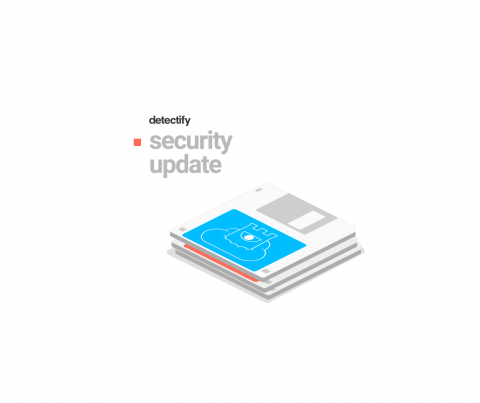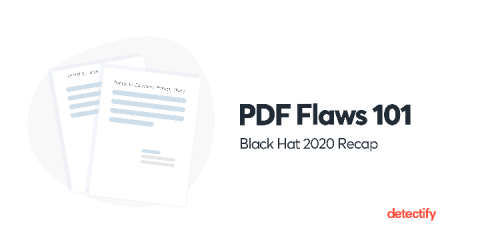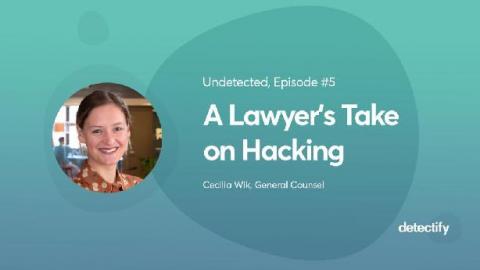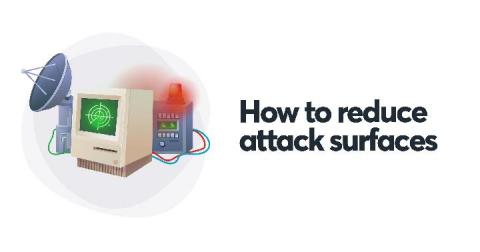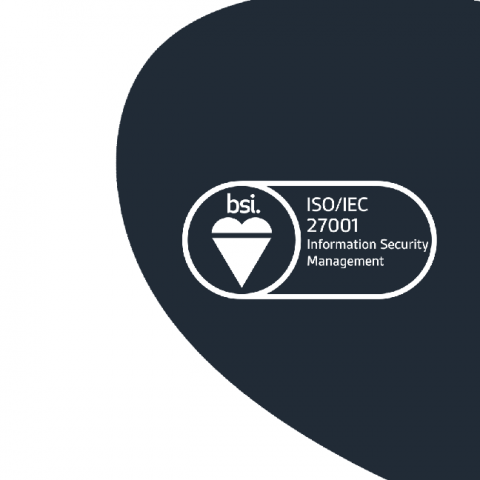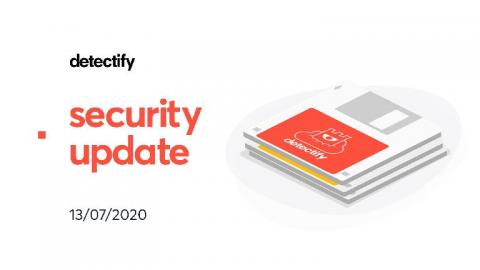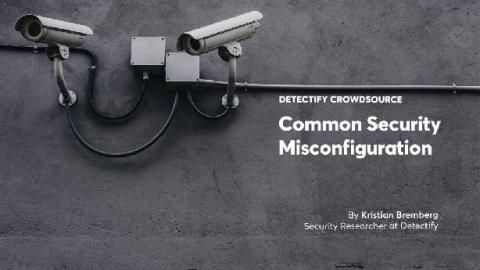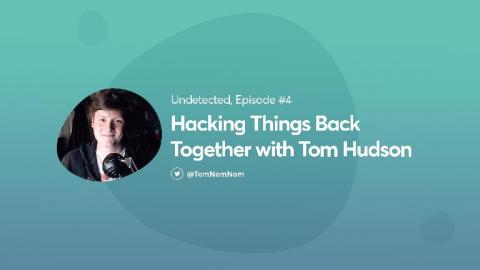Detectify security updates for 4 September
Our Crowdsource ethical hacker community has been busy sending us security updates, including 0-day research. For continuous coverage, we push out major Detectify security updates every two weeks, keeping our tool up-to-date with new findings, features and improvements sourced from our security researchers. Due to confidentially agreements, we cannot publicize all security update releases here but they are immediately added to our scanner and available to all users.


